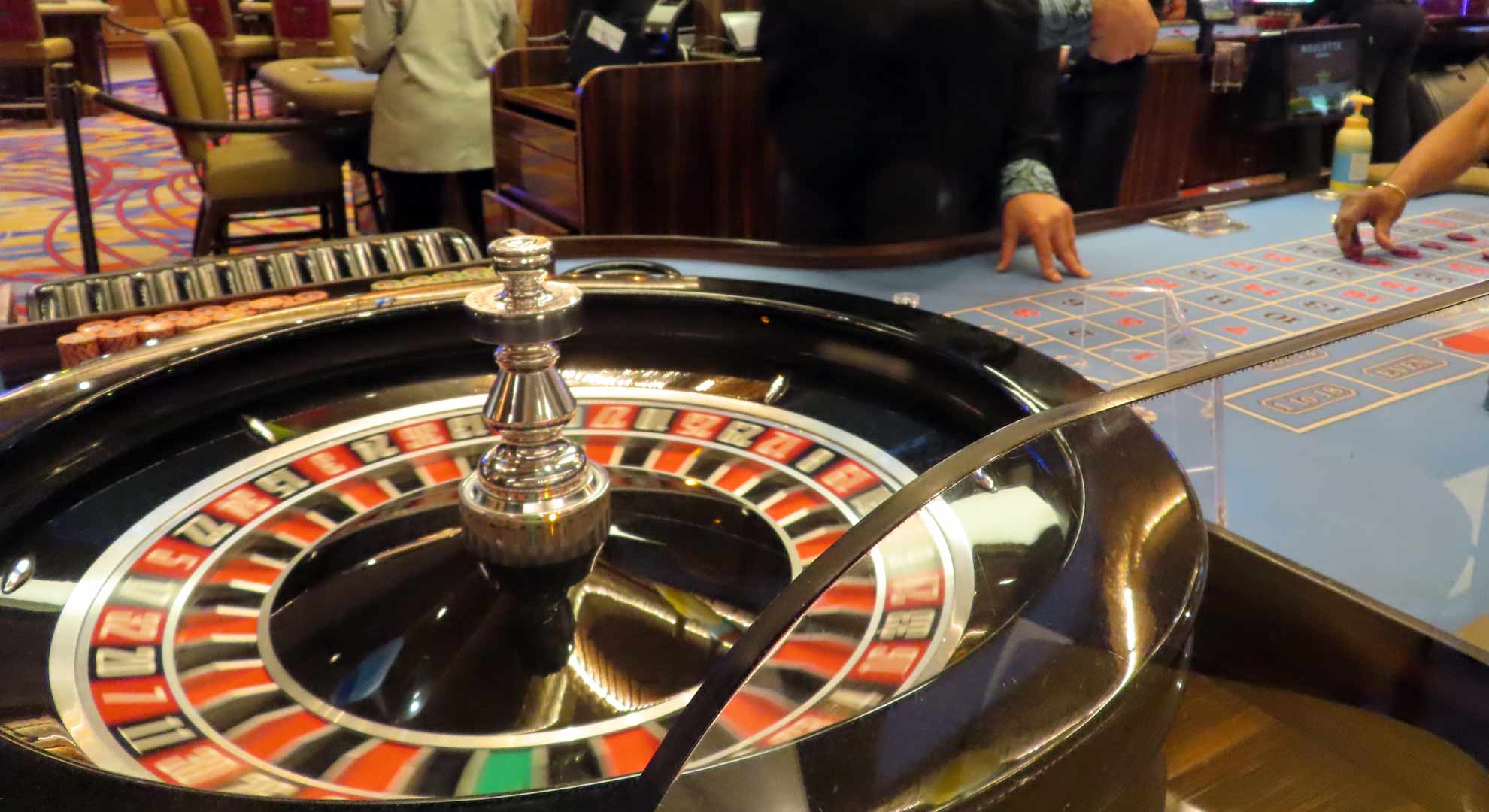The Hidden Math Behind Casino Wins

The Hidden Math Behind Casino Wins
Step into any bustling casino, and you're immediately immersed in a world of flashing lights, alluring sounds, and palpable excitement. For many, it's a place where dreams of striking it rich can, for a fleeting moment, feel within reach. Yet, beneath the glitz and glamour, a complex and precise mathematical framework quietly governs every spin of the roulette wheel, every dealt card, and every slot machine payout. This isn't just about luck; it's about carefully engineered probabilities, statistics, and a fundamental principle known as the house edge, ensuring that in the long run, the casino always wins.
At the core of every casino game lies the "house edge." This isn't a secret trick or a rigged mechanism in the way many imagine; it’s a statistical advantage built into the rules of the game itself. Expressed as a percentage, the house edge represents the average profit the casino expects to make from each bet placed over an extended period. For instance, if a game has a 2% house edge, the casino statistically expects to keep $2 for every $100 wagered. While individual players might experience significant short-term wins, the law of large numbers dictates that over millions of bets, the house edge ensures consistent profitability for the establishment.
Consider the classic game of roulette. A standard American roulette wheel has 38 pockets: numbers 1-36, a single zero (0), and a double zero (00). If you bet on a single number, the payout is 35 to 1. However, the true odds of hitting your number are 1 in 38. This subtle discrepancy creates the house edge. For example, on a single-number bet, your expected return is (35/38) * $1 + (2/38) * $0 = $0.921 for every dollar bet, meaning the casino keeps roughly 7.89 cents on average. This 5.26% house edge is constant for most bets on the American wheel.
Blackjack, on the other hand, offers a lower house edge, often around 0.5% or less, provided the player uses optimal strategy. This strategy involves making the mathematically correct decision (hit, stand, double down, split) based on the player's hand and the dealer's upcard. Without basic strategy, the house edge can skyrocket to several percentage points. Card counting, while not illegal, is an advanced technique used by skilled players to temporarily shift the odds in their favor by tracking the ratio of high to low cards remaining in the shoe. However, casinos employ various countermeasures to mitigate its effectiveness.
Slot machines appear purely random, but their operation is meticulously governed by mathematics. Each spin is determined by a Random Number Generator (RNG), a complex algorithm that constantly cycles through millions of numbers. When you hit the spin button, the RNG stops on a specific sequence, which then corresponds to the symbols displayed on the reels. These aren't truly random in the sense of a physical coin flip; they are pseudorandom, generated by an algorithm designed to meet specific statistical requirements.
The crucial concept for slots is Return to Player (RTP), also known as payout percentage. This is the theoretical percentage of all money wagered on a particular slot machine that will be paid back to players over time. An RTP of 96% means that, on average, for every $100 wagered, the machine is programmed to return $96 in winnings, retaining $4 as the house's profit. Higher RTP percentages are more favorable to players, but it's important to remember that this is a long-term average. In the short term, due to variance, a player could win a jackpot or lose their entire bankroll rapidly.
While the house edge defines the casino's long-term advantage, "variance" explains the short-term fluctuations players experience. Variance is the measure of how much individual results deviate from the expected outcome. A game with high variance, like slots or progressive jackpots, can lead to long losing streaks interspersed with massive wins. Low-variance games, such as blackjack played with basic strategy or certain craps bets, offer more consistent, smaller payouts but still result in a net loss over time due to the house edge.
Every bet placed in a casino has an "expected value" (EV). For the player, the EV is almost always negative, reflecting the house edge. For the casino, the EV of every player's bet is positive. This fundamental mathematical asymmetry is the bedrock of the entire gambling industry. Even in seemingly skill-based games like poker, where players compete against each other, the casino extracts a "rake" (a percentage of each pot), ensuring its profitability. Similarly, online platforms offering various gambling options, including sports betting, operate on similar principles of calculated odds and margins to ensure their long-term viability. For those interested in the diverse world of online wagering, platforms like sport m88 offer a wide array of options beyond traditional casino games.
The hidden math behind casino wins isn't about deception; it's about statistical certainty. The house edge, coupled with the sheer volume of wagers placed daily, guarantees the casino's success over the long haul. While an individual player might get lucky and walk away with a significant win on any given day, the aggregate effect of millions of bets always conforms to the underlying probabilities. It's a testament to the power of mathematics that these establishments can build empires based on carefully calibrated odds, offering entertainment and the tantalizing possibility of a big win, while silently ensuring their own enduring prosperity. Understanding this fundamental mathematical reality is key to approaching gambling responsibly and recognizing that while short-term thrills are possible, the odds are always stacked, however subtly, in the house's favor.